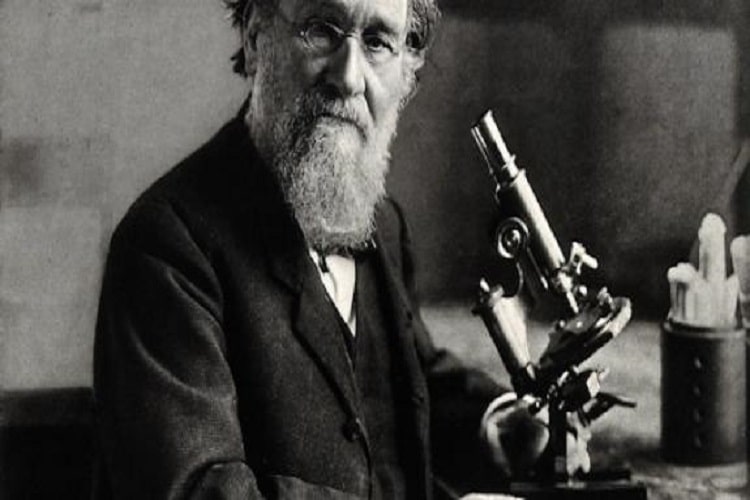Élie Metchnikoff (15 May 1845 – 15 July 1916) was a Russian zoologist. In 1908, Élie Metchnikoff was awarded the Nobel Prize in Physiology or Medicine.
Life and Career
Élie Metchnikoff was born on 15 May1845, in Ivanovka , Russia.
Metchnikoff studied natural sciences at the University of Kharkov and later at the University of Odessa. He completed his doctoral degree at the University of St. Petersburg.
Metchnikoff is best known for his work on phagocytosis, which is the process by which certain cells in the body engulf and digest bacteria and other harmful particles. He proposed that white blood cells, called phagocytes, played a crucial role in the body’s defense against infection. His work laid the foundation for our understanding of the immune system.
Élie Metchnikoff passed away on 15 July 1916, in Paris, France.
Award and Legacy
In 1908, Metchnikoff was awarded the Nobel Prize in Physiology or Medicine, which he shared with Paul Ehrlich, for their discoveries concerning the role of phagocytes in immunity.
Metchnikoff’s contributions to immunology have had a profound and lasting impact on the field of medicine. His research helped shape our understanding of how the immune system functions and how the body defends itself against pathogens. His ideas also influenced the development of vaccines and treatments for various diseases.

